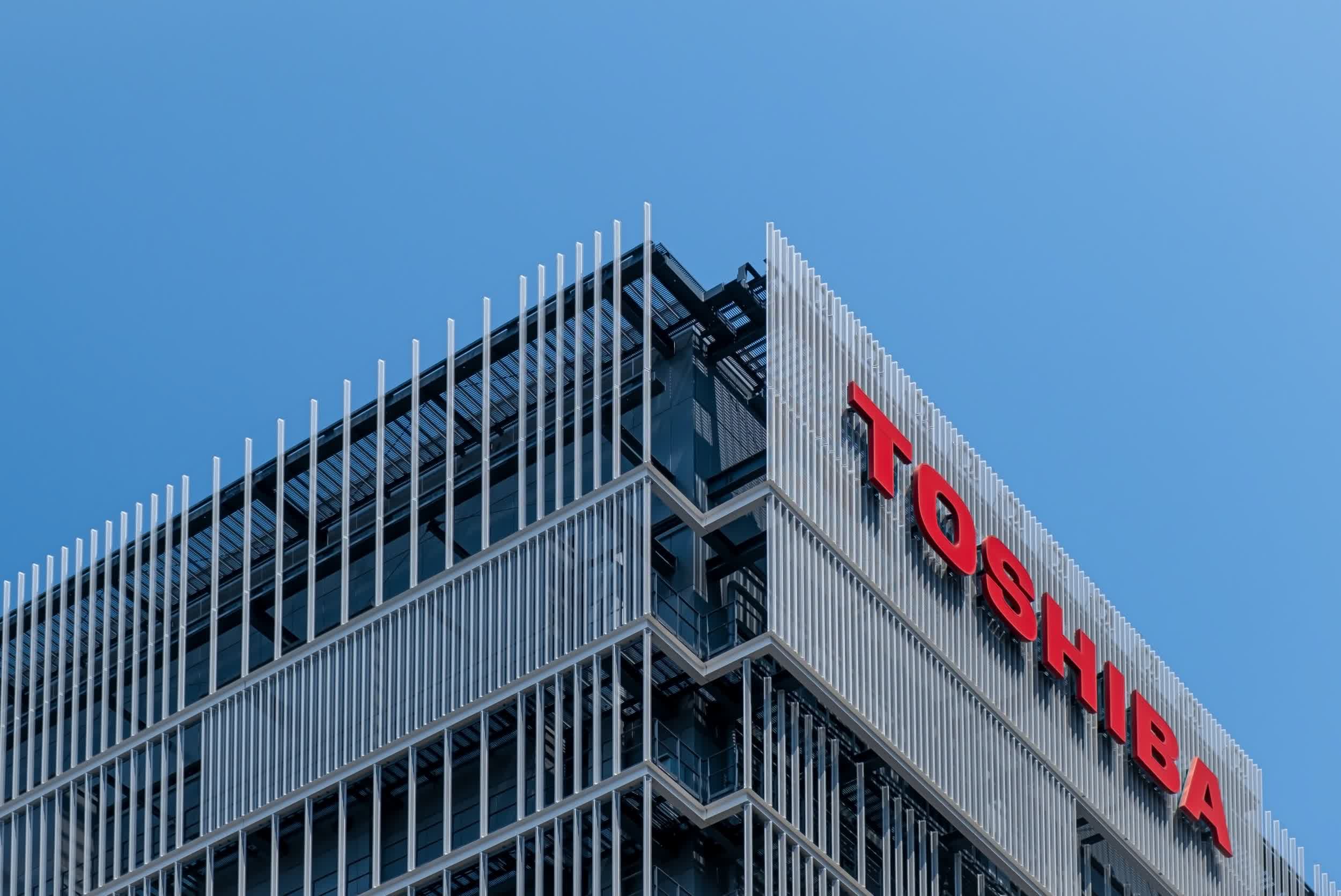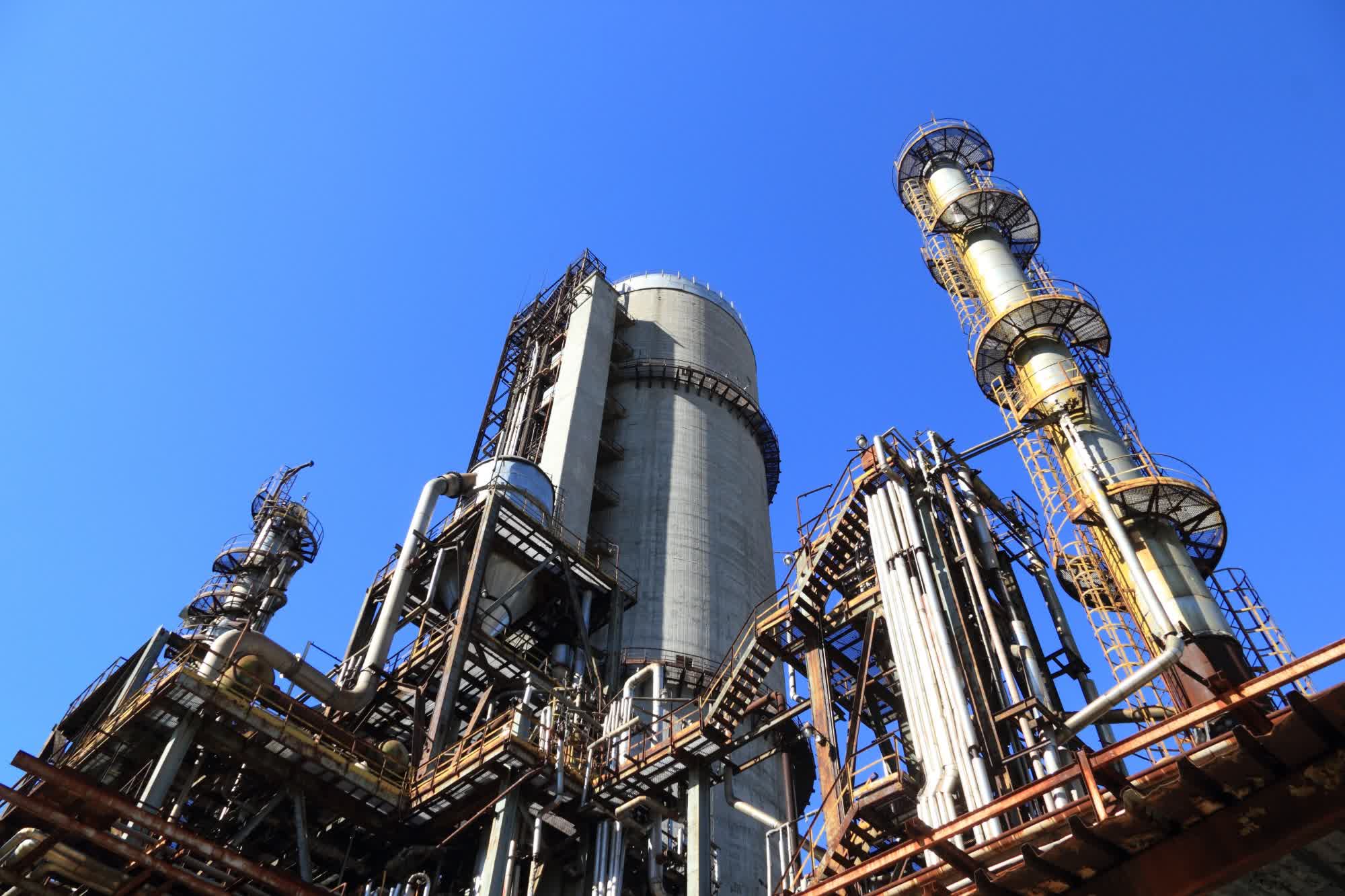Bottom line: Just as it seemed the NAND flash market was back on solid footing heading into 2024, disaster struck in the form of a 7.6 magnitude earthquake that rocked Japan on New Years Day. The impact of the disaster on the storage market could be felt for months to come.

Toshiba said it has been able to confirm that all employees who came to work that day at the Nomi City, Ishikawa Prefecture facility are safe although those that were out on vacation have not yet been contacted. Production has been halted as the company assesses damage to its infrastructure and production lines. Another update will be issued on January 5, we are told.
Toshiba was not the only one affected by the quake. According to TrendForce, several other industry players including Shin-Etsu and GlobalWafers' facilities in Niigata are offline while safety inspections are being conducted. The market research firm said the crystal growth process in raw wafer manufacturing is very sensitive to seismic activity; fortunately, most of Shin-Etsu's crystal grow houses are in the Fukushima region and were not directly impacted by the quake.

Three plants operated by TPSCo (a joint venture between Tower and Nuvoton) in Uozu, Tonami, and Arai have also halted production to check for damage. Others in the area, including Taiyo Yuden's Niigata plant, were designed to withstand seismic activity up to a level seven and thus experienced no equipment damage.
Natural disasters can have a devastating impact on the hardware supply chain. In 2011, Thailand experienced severe flooding that resulted in more than 800 deaths and crippled hard drive production. At the time, the region was responsible for nearly a quarter of the world's HDD production.
Damage at key factories forced production to halt for weeks and ultimately drove prices through the roof. At the peak, it was not uncommon to see drives selling for double what they had been going for just a few months earlier. Let's hope we don't end up back in that same boat again.
Image credit: Pixabay
https://www.techspot.com/news/101398-nand-flash-fabs-japan-halt-production-check-earthquake.html